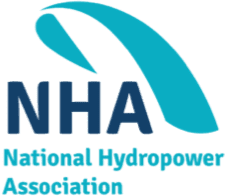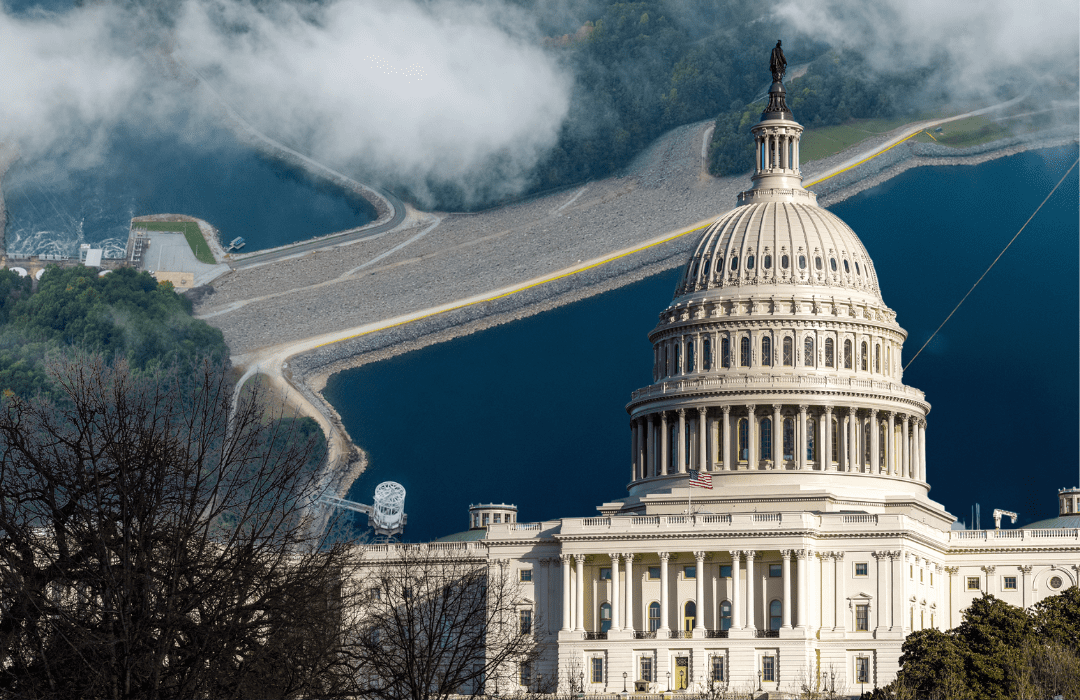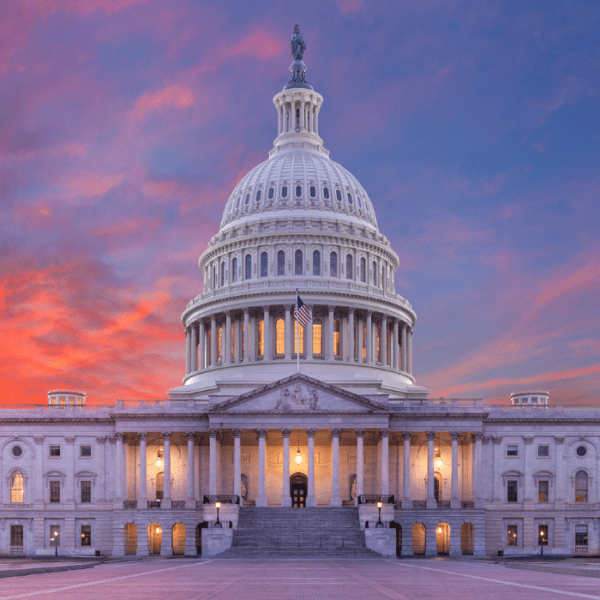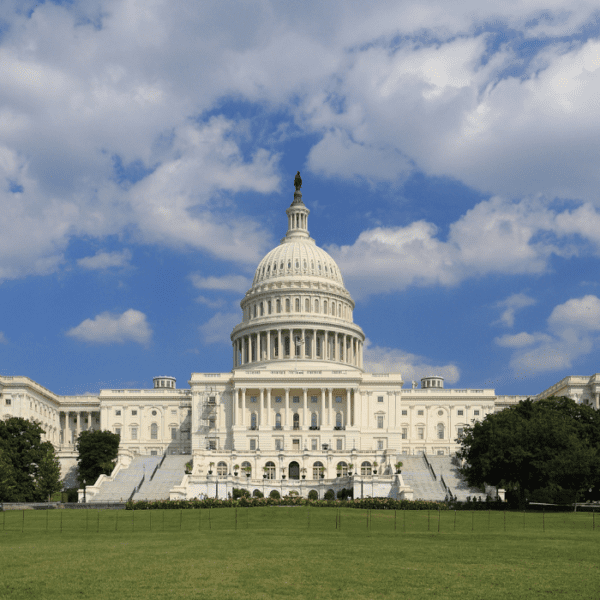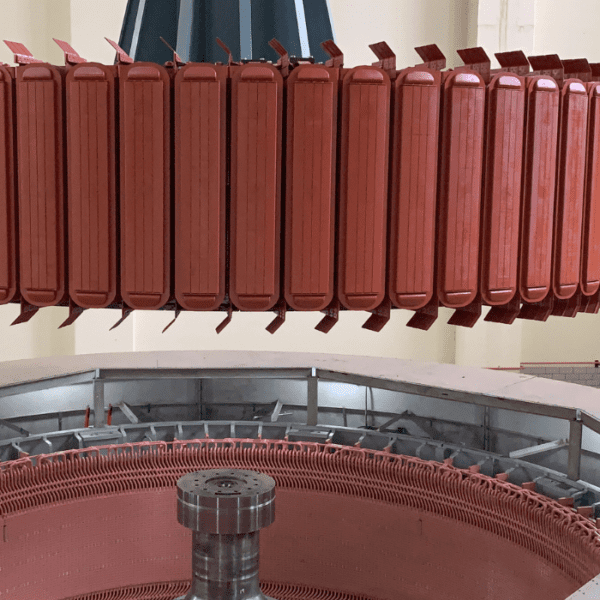Congress is increasingly recognizing hydropower’s essential role in creating a reliable and carbon-free grid. This growing profile is creating new legislative opportunities for the waterpower industry as Congress races to enact meaningful legislation before the mid-term elections.
At a hearing earlier this month, Senate Energy & Natural Resources Committee chairman Joe Manchin (D-WV) said that “we have taken [hydropower] for granted for far too long,” while diverse voices ranging from Senators Maria Cantwell (D-WA), John Hickenlooper (D-CO), and Angus King (I-ME) on the political left to Senators John Barasso (R-WY), James Lankford (R-OK), and Steve Daines (MT) on the right each expressed support for preserving and expanding the hydropower industry.
Show Me the Money
Tax policy is at the top of the list for many of hydropower’s legislative champions.
With the U.S. Senate evenly divided at 50-50, stand-alone tax legislation is unlikely to secure the 60 votes necessary under the Senate’s existing filibuster rules.
Since President Biden’s Build Back Better bill is stalled, increasing attention is being given to a slimmed-down version of the bill.
Industry is working to ensure that any clean energy tax package that advances in Congress include:
- a 30% investment tax credit (ITC) for “environmental improvements” at existing hydropower plants
- a 30% investment tax credit for energy storage, including new pumped storage
- a 10-year extension of the now-expired production tax credit (PTC)/ITC for incremental new hydropower
- inclusion of waterpower in the 48C advanced manufacturing credit
Cut the Dam Red Tape
Uncertainty about the time and cost involved in hydropower licensing and relicensing is receiving renewed attention due to the urgency of addressing climate change and the upcoming wave of hydropower relicensing proceedings, with roughly 30% of non-federal hydropower licenses expiring by 2030.
Relicensing takes, on average, 7.6 years to complete, with relicensing for many facilities lasting over a decade. At the same time, the paperwork costs associated with relicensing typically exceeds $10 million, with facility upgrades requiring many millions more.
While competing hydropower reform proposals continue to languish in the House Energy & Commerce Committee, industry and the river community have been conducting serious negotiations for many months. NHA testified at the Senate Energy & Natural Resources hydropower hearing that the groups are working to provide a legislative reform proposal in February 2022 that can win bipartisan support, with a goal of enacting such a package before the end of this Congress.
Fund Waterpower Innovation
The U.S. Department of Energy’s research to accelerate marine energy development and to improve hydropower’s contributions to reliability, resilience, and grid integration remain critical to powering America’s future prosperity.
For example, a U.S. Department of Energy 2021 report found that wave, tidal, and other marine energy technologies had the potential to provide 57% of the United States’ electricity needs.
With the House proposing 2022 funding at $175 million and the Senate proposing $196 million for DOE’s Water Power Technologies Office, Congress looks likely to shatter last year’s record-setting funding of $150 million.
For FY 2023, the waterpower industry is advocating that the Biden Administration and Congress to support similar levels of funding, including the fully authorized level for the marine energy program.
What’s Next?
In short, the growing recognition of hydropower’s critical role as a baseload, reliable, and renewable electricity source is creating exciting new, bipartisan legislative opportunities.
Whether Congress can overcome its traditional gridlock and enact meaningful legislation to preserve and enhance the hydropower industry is yet to be seen.
The National Hydropower Association (NHA), on behalf of its more than 250 member organizations, continues to communicate its key policy enhancements and reforms to Congress, Biden Administration officials, and federal and state agencies.

